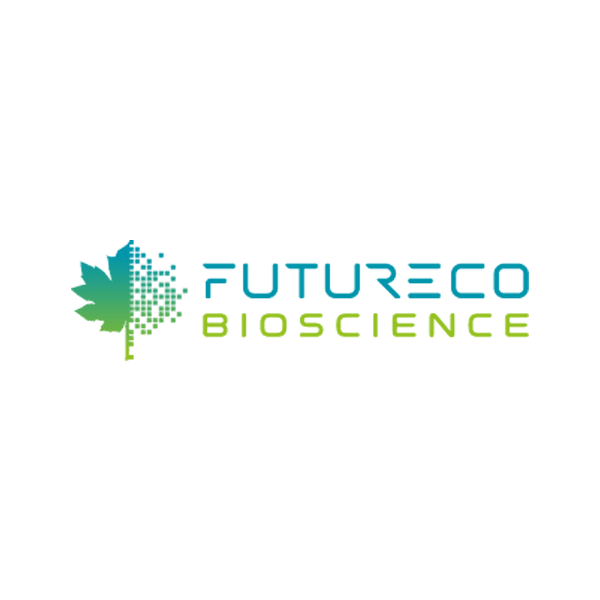Saturday, 14 February 2026

Given that global annual losses due to nematodes are estimated at $157 billion, this technology marks a significant progress in sustainable nematodes management.
Futureco Bioscience, a Spanish biotechnological company that specializes in researching, developing, and manufacturing biological products, has been granted from the European Patent Office a new patent (EP 3934428 B1) for a new microbial bionematicide technology. This patented achievement underscores Futureco Bioscience’s investment in research and innovation and the company significant role in advancing the biocontrol manufacturing industry.
This patent acknowledges the innovative strain B410 of Metabacillus halosaccharovorans. Isolated from organic farming soil in Almería (Spain), this strain possesses nematicide properties. Moreover, its mesophilic, neutrophilic, and halotolerant characteristics, along with its strong biofilm production, make it particularly valuable in agriculture, especially in arid regions and saline environments.
While studies are still ongoing, preliminary results have shown that this strain notably inhibits the hatching of nematode eggs. Its effectiveness is particularly evident against root-knot nematodes (RKN) Meloidogyne incognita, M. javanica, M. arenaria, and M. hapla as well as and potato cyst nematodes (PCN) Globodera rostochiensis and Globodera pallida.
The first formulation of the active ingredient has been designed as an Oil Dispersion (OD), that ensures a finely stable dispersion of the active ingredient in a water immiscible solvent. Formulation has been obtained by scalable manufacturing approach using state-of-the-art liquid fermentation technology, designed to maintain a high concentration of the active microorganism, which allowed to achieve levels in the range of 109 CFU/mL.
Carolina Fernandez, R&D Director at Futureco Bioscience, commented: “Currently, there are no truly effective nematicide products, whether biological or chemical, that can adequately address the issues plaguing the sector. This is largely due to the complex ecosystem in which these diseases thrive: the soil. The nematode-nematicide pairing and the treatment’s effectiveness are influenced by soil complex characteristics (type, texture, structure, aeration, moisture content, pH, etc.) and the microbiome proliferating within it. Moreover, each ecosystem has unique populations and species, and a nematicide’s efficacy may vary under field and geographical conditions.” Fernandez continued, “It’s crucial to test a microorganism’s potential nematicide activity under a broad range of diverse conditions in vitro, then in climatic chambers and greenhouses before field trials. In particular settings, we expect the effectiveness to be compromised to a certain degree. Fortunately, at Futureco Bioscience, our facilities allow us to replicate and test a wide range of scenarios, so we only bring solid and reliable results to the field.”